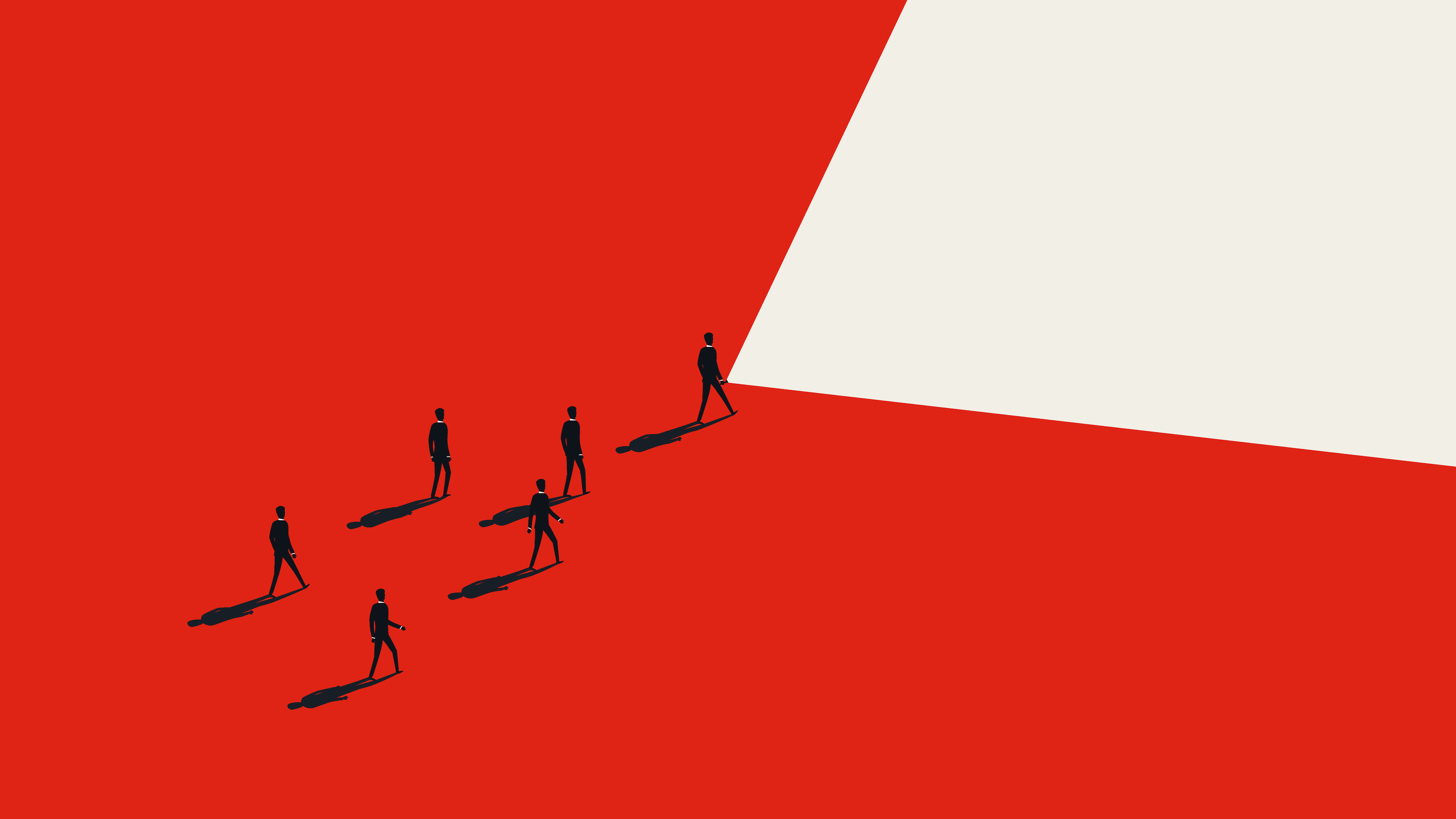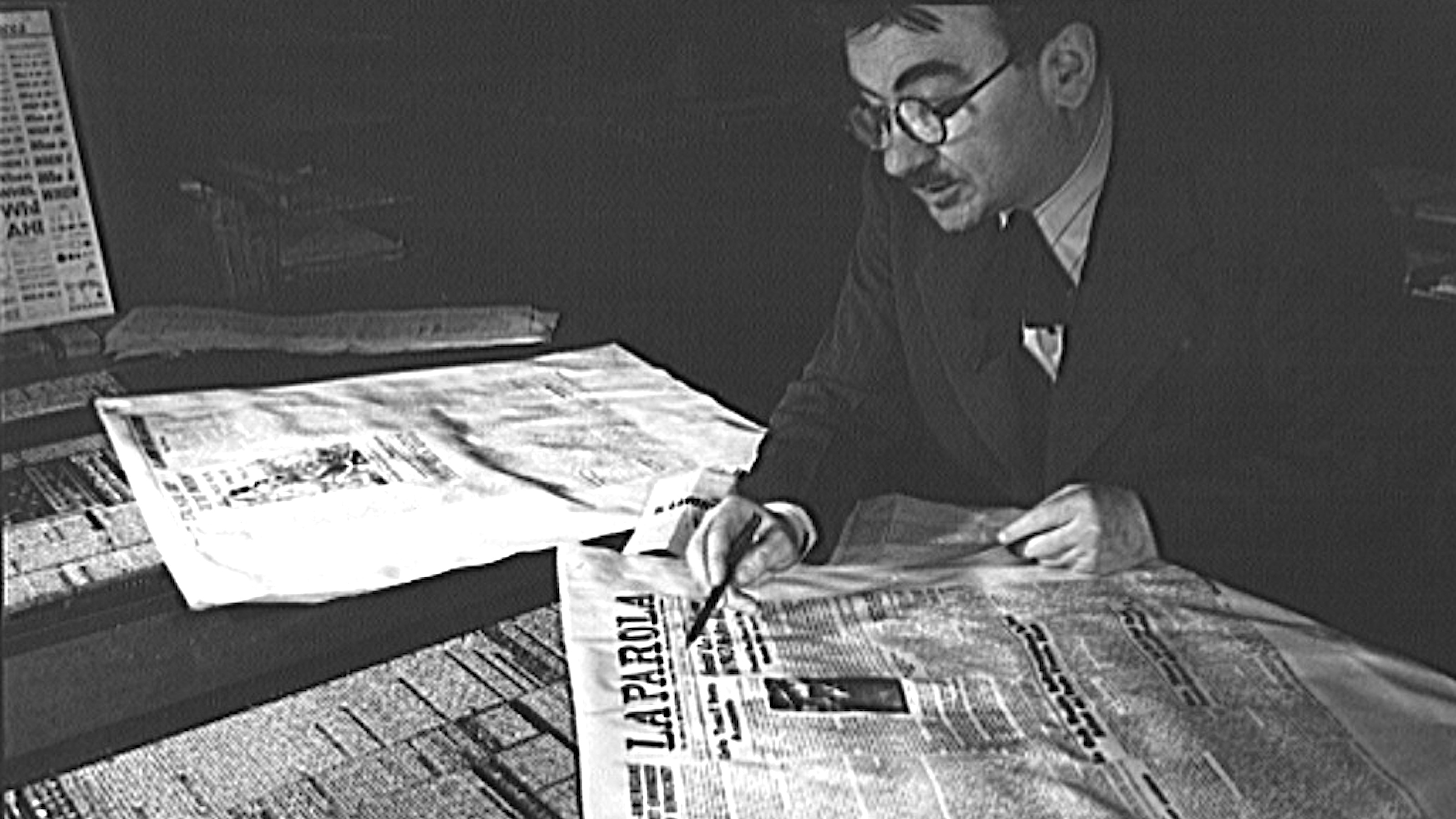For Alex Matthiessen, resisting the temptation to micromanage keeps his Riverkeeper organization afloat.
Question: What are the major challenges of running a nonprofit?
Alex Matthiessen: Well, I think my governing philosophy is as the head of Riverkeeper is very much modeled on John Adams, who founded and ran the Natural Resources Defense Council for many years, and that is the idea that you hire the best possible people you can and then you let them go, you let them kind of do their thing and use their talents to advance your mission, advance your cause. So that’s very much what I’ve tried to do, you know, I inherited an organization that was still very much of a mom-and-pop shop and we’ve really turned it into a professional organization. We’re very efficient, we’re very lean, we have more than doubled our staff, we have quadrupled our budget. So through my leadership I’ve helped to kind of build our capacity and to allow us to confront more polluters in a larger geographic area, cover more of the Hudson to start to get involved in New York City in a way that we hadn’t been before which is, you know, critical, you know, the more places we are, the more we can do our work. I’ve also very much emphasized the importance of getting citizens involved in the work that we do, you know, when we were 10 people, now that we’re 25 people, even if we’re 40 people, 50 people, you know, in terms of the size of our organization, we’re never gonna have the bodies to cover all of the New York City watershed and the Hudson River watershed and to address all the problems that are out. We really need average citizens to be a part of our effort and then it means not just sending us checks but actually attending, you know, public hearings and going to community meetings and writing letters and running for office locally and helping us fight misguided, ill advised development projects in the watershed etc. They’re a critical part of the work that we do.
In terms of challenges, you know, the challenge with a group of our size and especially one that’s been growing as quickly as we have is that you can get very much mired down as the head of the organization in the day to day running of the organization and that can be very distracting, very time consuming, very energy intensive and frankly, not necessarily a good use of the president’s time, you know, the person who’s supposed to have the vision of where you’re going and has the contacts and the ability to kind of sell the organization and to build our capacity and raise our profile and strengthen our stature among elected officials and other decision makers, you know, you’ve gotta be out and about and you’ve gotta be doing that work externally and it’s easy in a small organization to get kind of caught up in the kind of day-to-day decisions that need to take place.





